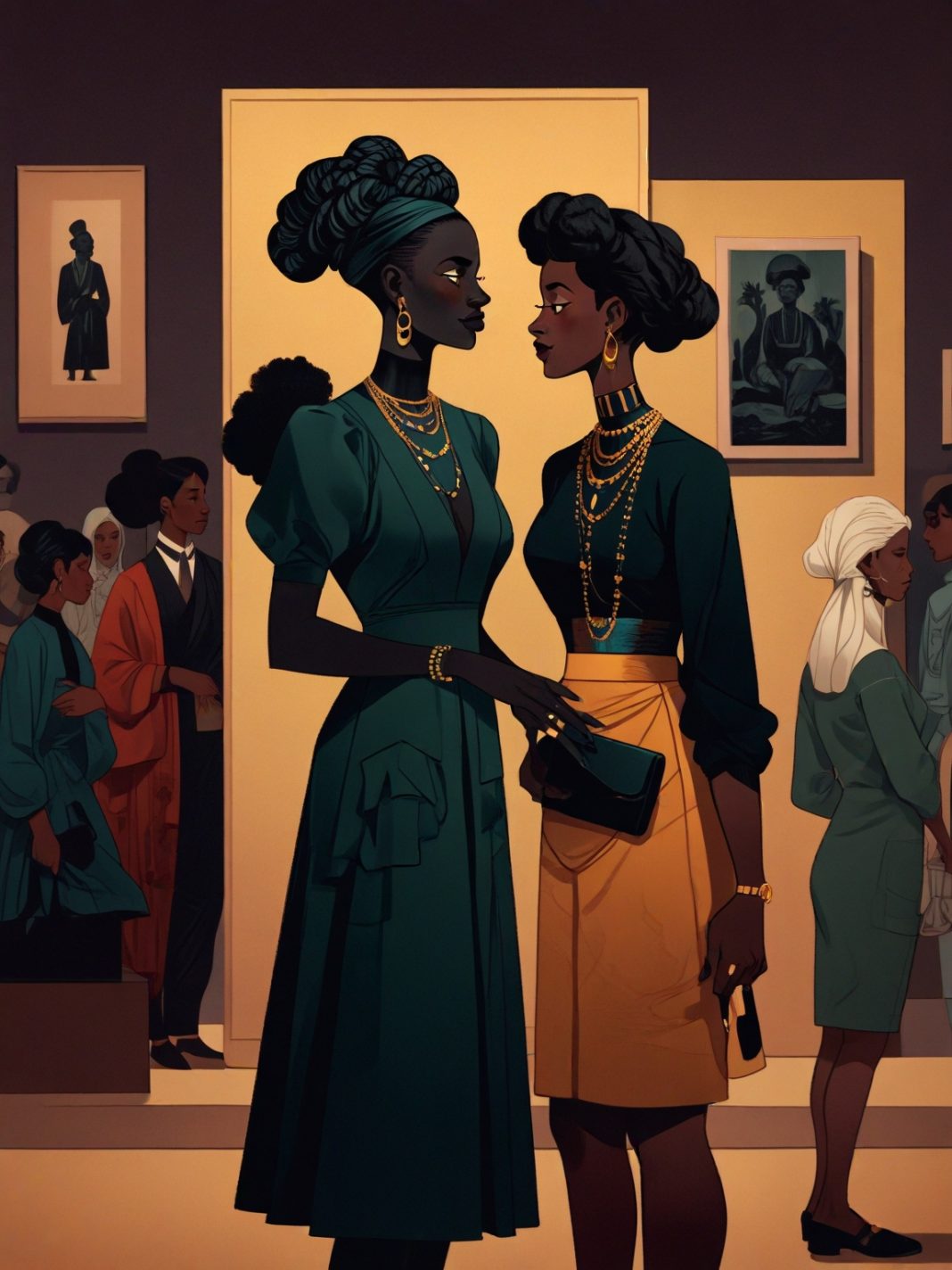This article dismantles the “us vs. them” narrative surrounding colonialism. It encourages readers to move beyond finger-pointing and engage in constructive dialogue. By acknowledging the past’s injustices and working together, we can build a future where all voices are heard and cultural exchange is fostered with respect. This unique perspective offers readers a framework to navigate these sensitive topics and become active participants in building a more just and equitable world.
TL;DR
- Focus on progress, not blame: Acknowledge the past while working towards solutions.
- Accurate representation matters: Museums and education systems have a responsibility to portray history truthfully.
- Shared responsibility for a better future: Engage in respectful dialogue and advocate for fair trade practices.
Have you ever felt frustrated when conversations about colonialism devolve into finger-pointing and anger? You’re not alone. It’s a complex topic, and past injustices can cast a long shadow. Let’s explore these issues in a way that fosters understanding and, ultimately, progress.
Moving Beyond “Hypocrisy!”: A Fresh Perspective
It’s true that some people use past atrocities to demonize entire nations today. While acknowledging history is crucial, focusing solely on blame can hinder dialogue. Think of it this way: holding countries accountable for past wrongs doesn’t mean every citizen alive today is responsible. We can recognize the flaws of historical systems without condemning the people who currently live within them.
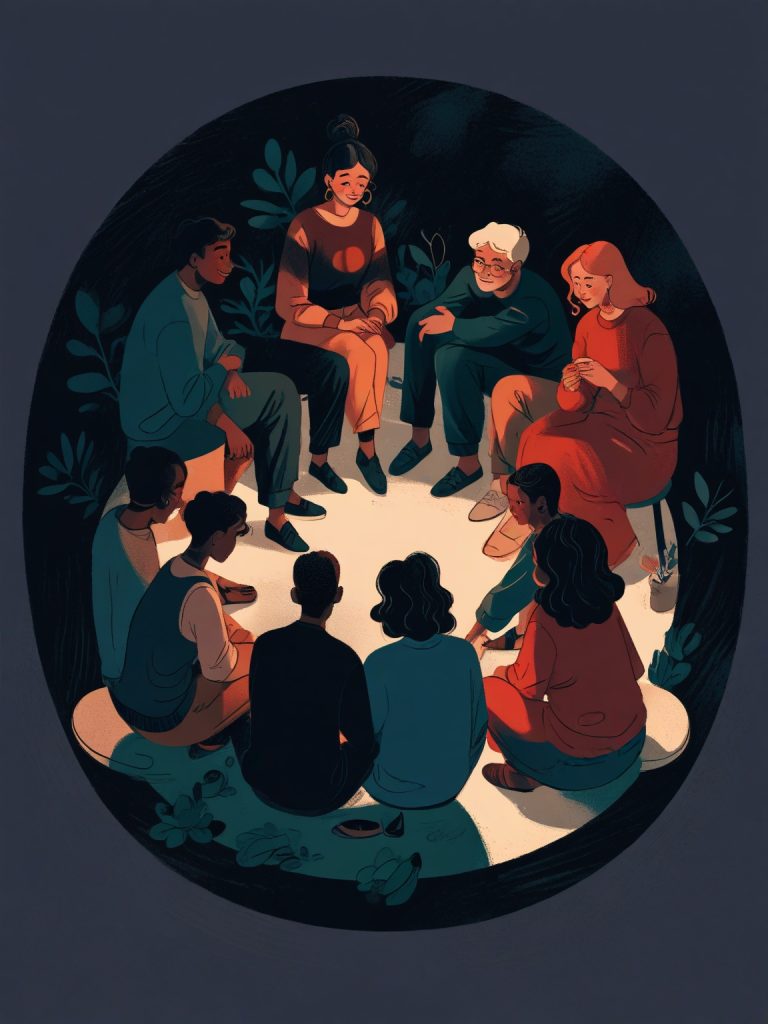
When Silence Isn’t Golden: The Need for Acknowledgement
However, ignoring past actions can breed resentment. If a nation avoids acknowledging the harms inflicted by their forefathers, it undermines their claim to advocate for human rights now. True progress requires facing the dark chapters of the past, learning from them, and working towards a more just future. Here’s the thing: true acknowledgement isn’t just about a formal apology (although that can be a powerful step). It’s about incorporating these historical realities into education systems, museums, and public discourse. It’s about fostering a national conversation about the legacy of colonialism and its ongoing impact.
The Legacy Lives On: The Ripple Effects of Colonialism
Colonialism wasn’t just a historical blip. It established institutions, corporations, and social orders that persist today. Take, for example, the case of Haiti. Even after gaining independence, they were forced to pay reparations to France for the “loss” of their enslaved population – a stark reminder of the economic exploitation that colonialism fueled. This isn’t just an isolated incident. Many former colonies continue to struggle with unequal trade agreements, resource extraction, and a dependence on industries established during colonial times. These are the enduring consequences of a system designed to benefit the colonizer at the expense of the colonized.
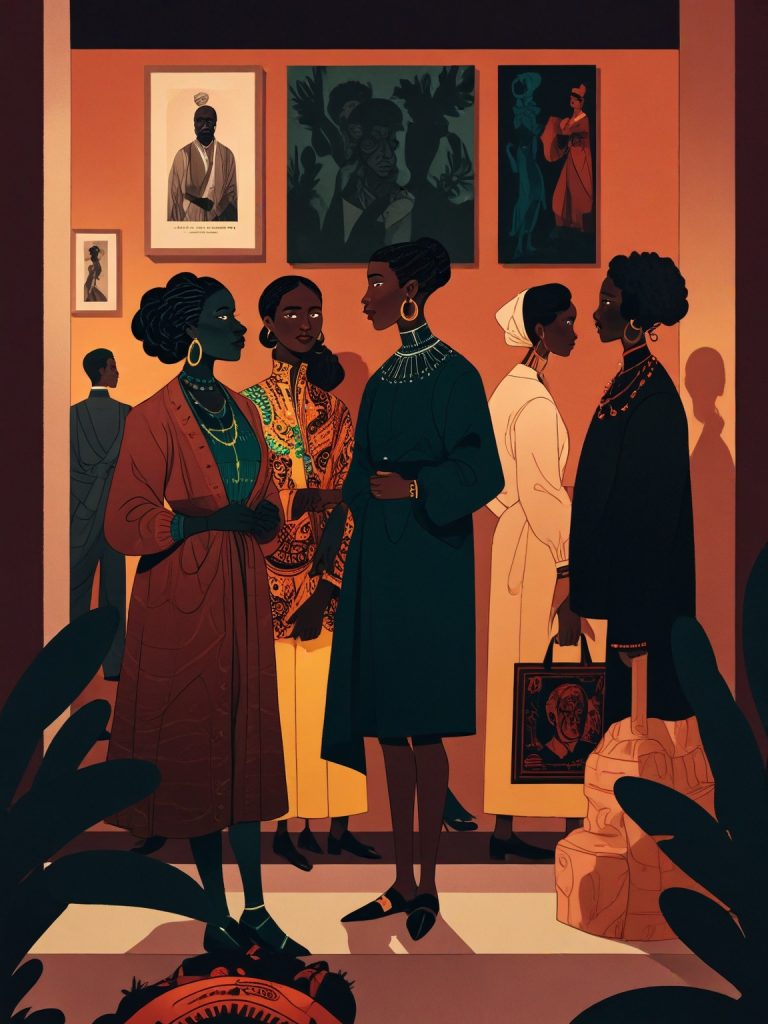
The British Museum Case: Words Matter
Imagine visiting a museum that describes the colonization process as “trading” instead of “exploiting.” It’s no wonder it can be infuriating! Language shapes our understanding of history. Accurate representation of the past is vital for healing and reconciliation. Museums, for instance, have a responsibility to present a complete picture, acknowledging the violence, exploitation, and cultural destruction that often accompanied colonial expansion. This doesn’t mean erasing the positive aspects of cultural exchange, but it does mean presenting a balanced and truthful narrative.
Beyond Numbers: The True Cost of Colonialism
While figures like “$44 trillion stolen” grab attention, the true cost of colonialism goes beyond mere financial loss. Educational systems were dismantled to create a subservient workforce. Cultural identities were suppressed in favor of the colonizer’s language and religion. Entire societies were reshaped to serve the colonizer. This systemic damage has long-lasting consequences that continue to affect generations. Look at the education systems in many former colonies – they often still prioritize the colonizer’s language and cultural values, leaving the indigenous languages and traditions marginalized. This disconnect between education and cultural identity can be a major source of frustration and social unrest.
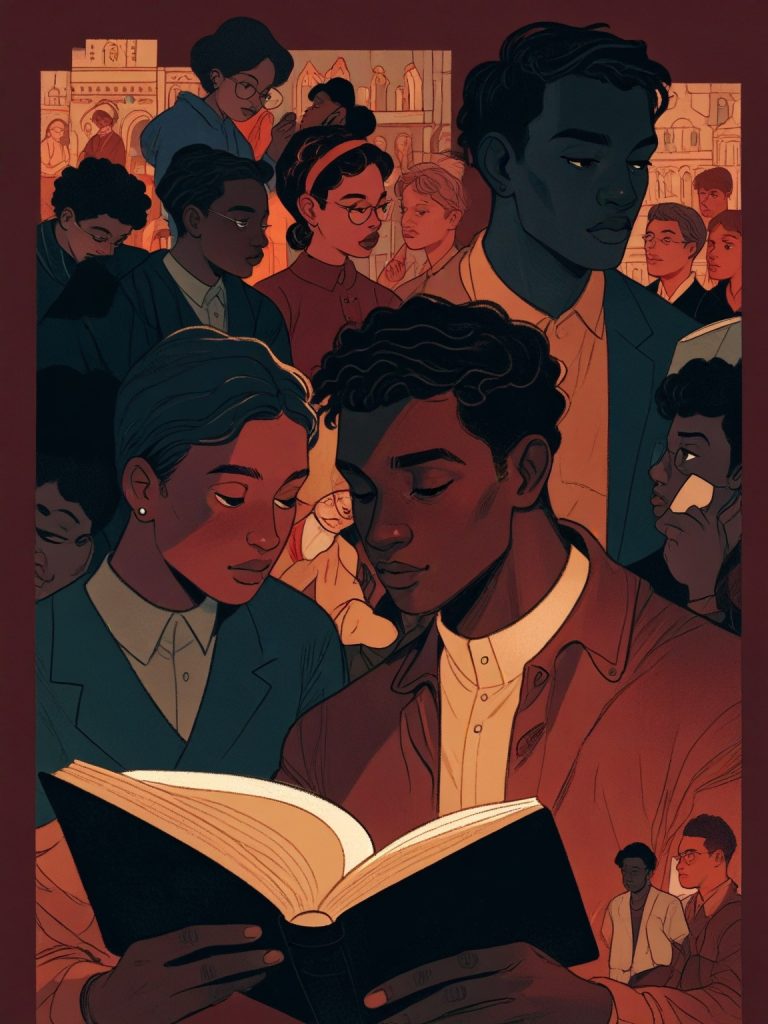
Breaking the Cycle: A Call for Shared Responsibility
Instead of dwelling on the “fight for validation,” let’s shift the focus towards shared responsibility. The younger generation, understandably frustrated by the injustices of the past, can channel their anger into positive action: demanding historical accuracy, advocating for fair trade practices, and promoting cross-cultural understanding. Here are some ways to get involved:
- Support initiatives: Look for organizations working to address the legacy of colonialism and promote intercultural dialogue. These groups may be involved in educational projects, advocacy for fair trade policies, or cultural preservation efforts.
- Start a conversation: Talk to people from different backgrounds and engage in respectful dialogue about these complex issues. Listen to their perspectives and experiences. By fostering understanding, we can begin to break down the walls of resentment built on historical injustices.
Echoes of the Past: Colonialism’s Lingering Influence
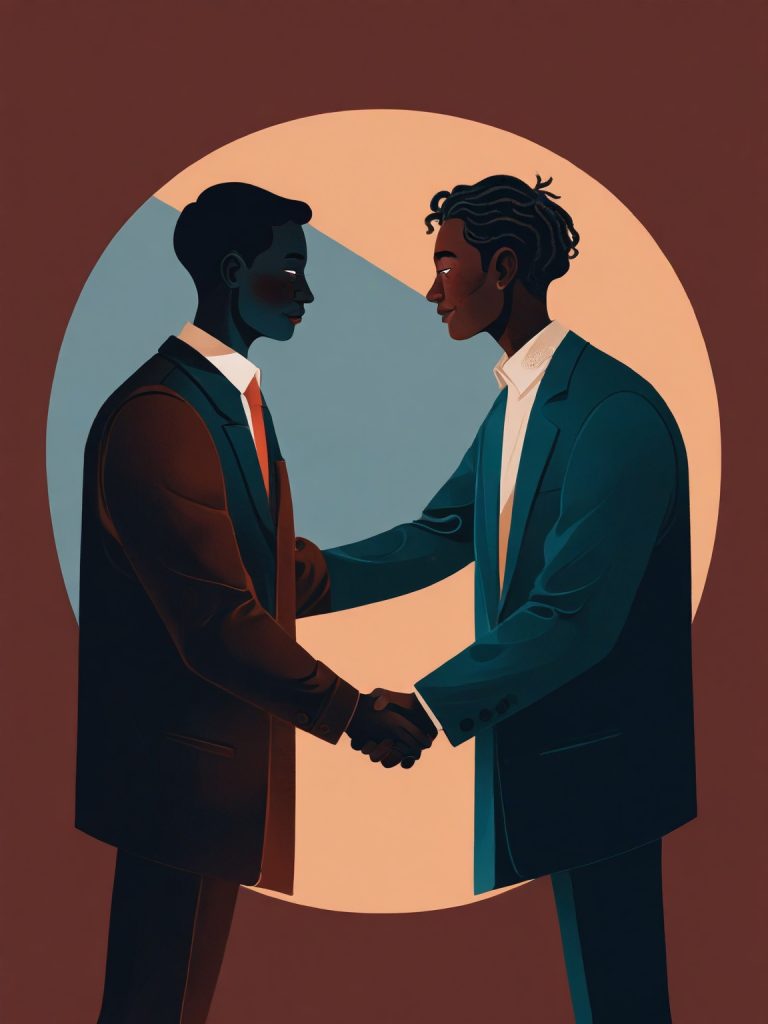
The article delves into the complexities of colonialism’s legacy, highlighting how past injustices continue to shape the present. Here are a few contemporary examples that illustrate these ongoing effects:
- Debates on Restitution: In 2022, Germany agreed to return priceless artifacts, known as the Benin Bronzes, looted from the Kingdom of Benin (present-day Nigeria) in 1897 [1]. This decision, while a positive step, reignited discussions about the broader issue of colonial-era artifacts held in Western museums. Many institutions are grappling with questions of ownership and repatriation [2].
- Calls for Reparations: The Caribbean Community (CARICOM) continues to advocate for reparations from European nations for the horrors of slavery. In 2021, a CARICOM commission outlined the lasting economic, social, and psychological damage inflicted by colonialism, demanding compensation [3].
- Rewriting History: Educational systems in many former colonies are undergoing reform to address the Eurocentric bias often present in traditional curriculums. In Kenya, for instance, the government is revising its history curriculum to include a more comprehensive and accurate portrayal of the colonial period [4].
Citations:
- [1] BBC News. “Germany agrees to return Benin Bronzes.” BBC News, bbc.com, 1 July 2022, https://www.bbc.com/news/world-africa-64038626.
- [2] The Washington Post. “Colonial-Era Artifacts Are Coming Home. But Questions Remain About Who Gets Them.” Washington Post, washingtonpost.com, 19 July 2022, https://www.washingtonpost.com/dc-md-va/2023/10/26/national-gallery-of-art-the-land-carries-our-ancestors/.
- [3] Caricom.org. “CARICOM Reparations Commission Releases Ten-Point Action Plan.” caricom.org, 2021, https://caricom.org/caricom-ten-point-plan-for-reparatory-justice/.
- [4] The East African. “Kenya to Revise History Curriculum to Reflect Colonial Impact.” The East African, nation.co.ke, 2 Sept. 2020, https://girlseducationchallenge.org/blogs/blog-article/supporting-successful-curriculum-reform-in-kenya/.
Taking the Next Step: Where Do We Go From Here?
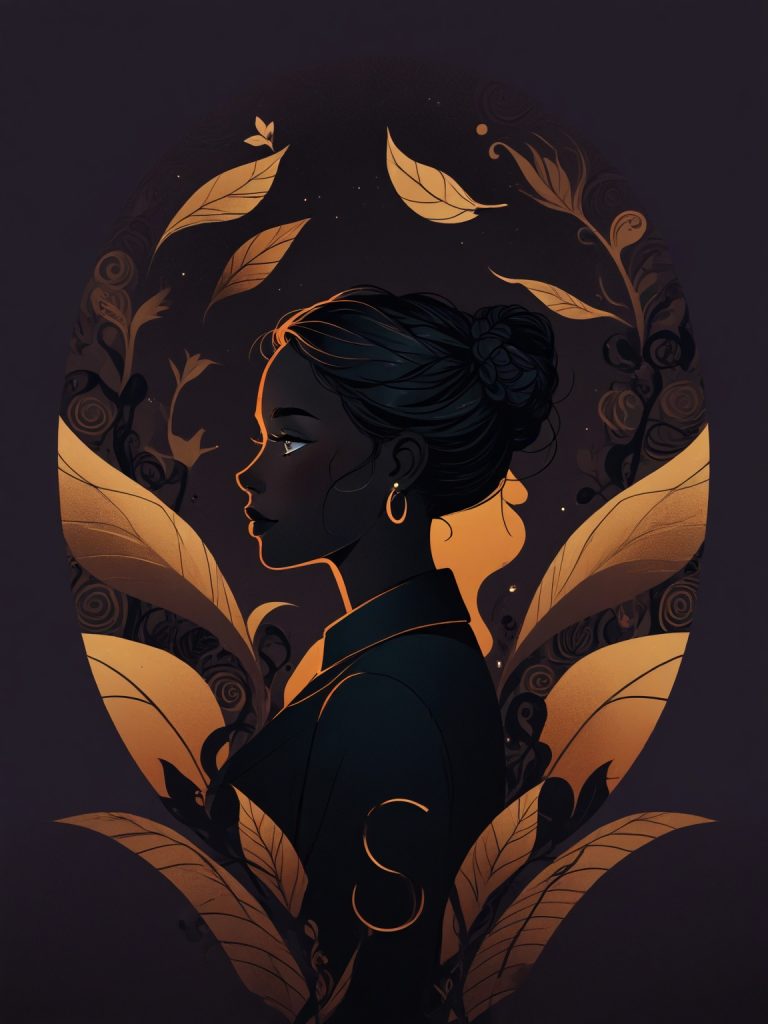
This isn’t about erasing the past or absolving anyone of wrongdoing. It’s about fostering open dialogue, acknowledging historical injustices, and working together to build a more equitable future. So, how can you contribute?
- Educate yourself: Read diverse accounts of colonialism and its lasting effects. Look for books, documentaries, and online resources that offer a variety of perspectives. By educating yourself, you can become a more informed and engaged citizen.
By working together, we can move beyond the blame game and create a future where the past no longer hinders progress. Let’s build bridges of understanding, not walls of resentment.




